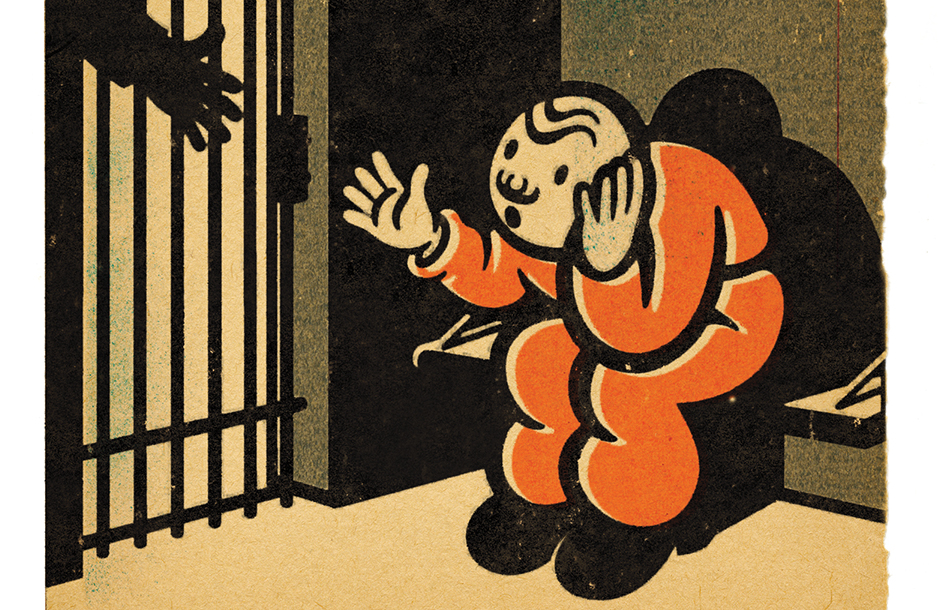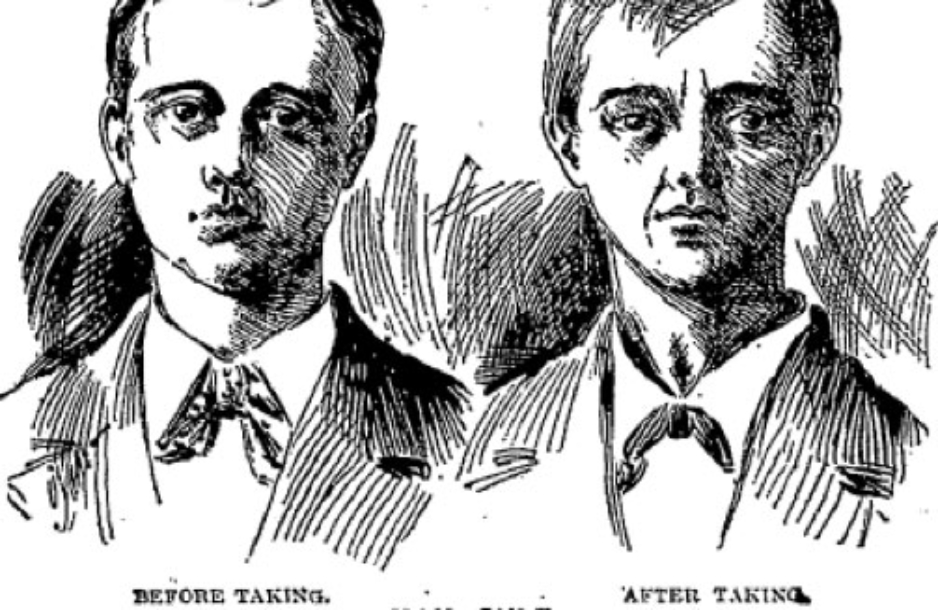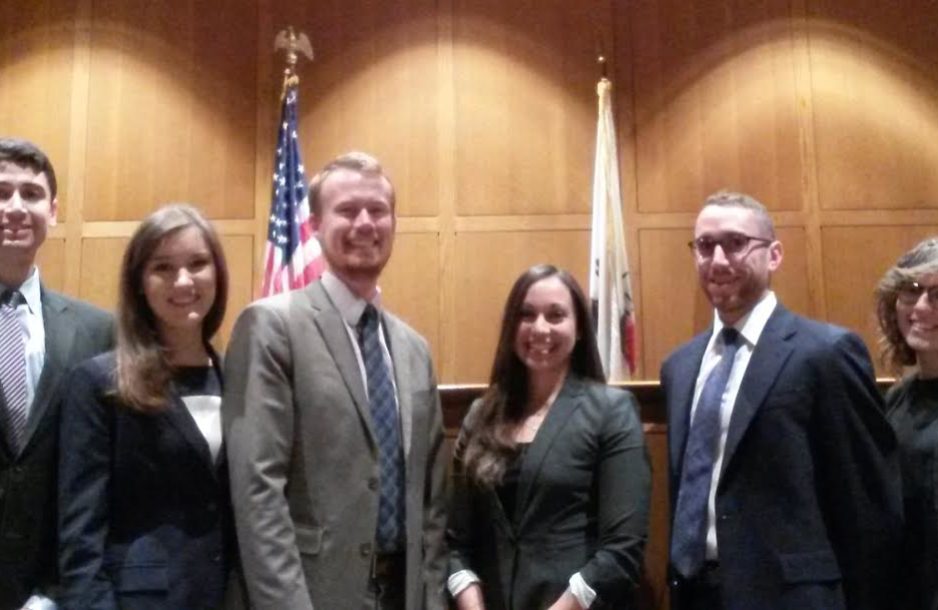
Criminal Prosecution Clinic
Through Stanford’s Criminal Prosecution Clinic, students shape the outcome of felony and misdemeanor prosecutions in Superior Court and learn to wield the power of the state ethically and deliberatively.
Guided by Professor George Fisher, six students learn basic case preparation and courtroom skills in an on-campus advocacy class. Then, in partnership with Santa Clara County prosecutors, they spend four days each week preparing their cases at the DA’s office and advocating before the Superior Court in San Jose. Their casework calls on students to examine and cross-examine witnesses, gather and present physical evidence, draft memoranda of law, and argue before the court. Students confront cases with strategic and logistical challenges and grapple with the complex ethical issues that define prosecutors’ fundamental charge to seek justice.
As the semester progresses and students gain command of basic courtroom skills, the classroom component shifts to an examination of the local mechanisms of justice. Topics include prison conditions and prison reform, the institutional strengths and weaknesses of the actors in the system, and the impact of race, gender, and class on the quality of justice. Students visit the county crime lab and various correctional institutions and have the option to ride along with on-patrol San Jose Police officers.
The Criminal Prosecution Clinic helps students learn what it means to act morally with power. Prosecutors are the system’s front line of defense against wrongful convictions. If the evidence to convict isn’t there—or wasn't gotten legally—the prosecutor can drop the case before it ever reaches a judge or jury.
Professor George Fisher, Faculty Co-Director, Criminal Prosecution Clinic
Contact
CPC Featured on MLC Blog

Criminal Prosecution Clinic: A Day in the Life
With great pleasure we introduce another blog in our day-in-the-life series--this one from the team of students involved in the Criminal Prosecution Clinic. This clinic is a robust part of Stanford Law School's clinical education program and we're excited to add its presence and perspective in this series. Students routinely worked…
Read More




